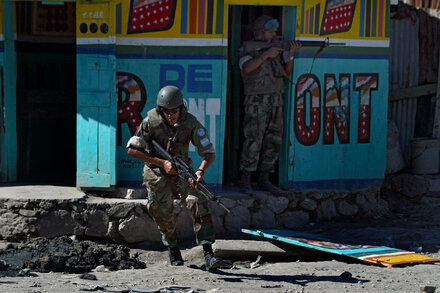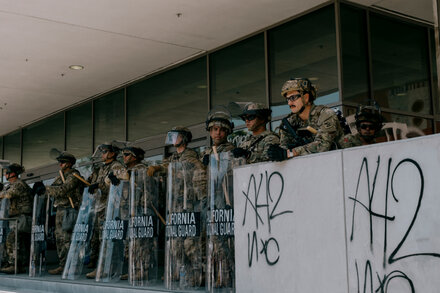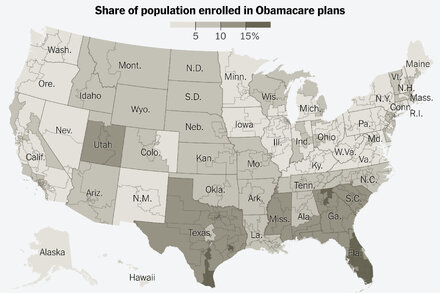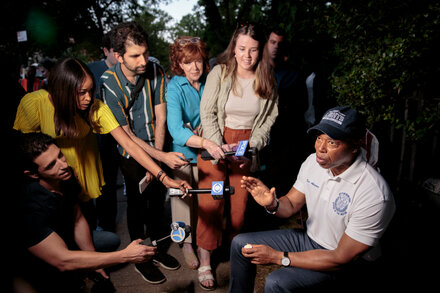The United Nations Security Council has approved a resolution authorizing a multinational security support mission to Haiti. This new force aims to combat escalating gang violence and restore order in the crisis-ridden Caribbean nation.

The United Nations Security Council has approved a resolution authorizing the deployment of a multinational security support mission to Haiti, aiming to combat the escalating violence perpetrated by powerful gangs and restore order in the Caribbean nation.
The resolution, passed with a significant majority, grants the international force a mandate to assist the beleaguered Haitian National Police (HNP) in stabilizing the country, protecting critical infrastructure, and creating a secure environment for humanitarian aid delivery and eventual democratic elections.
Haiti has been grappling with a severe political, security, and humanitarian crisis, intensified by the assassination of President Jovenel Moïse in 2021. Since then, well-armed criminal gangs have expanded their control over large swaths of the capital, Port-au-Prince, and surrounding areas, leading to widespread killings, kidnappings, sexual violence, and displacement. The gangs have also disrupted supply chains, blocking access to vital ports and hospitals, exacerbating food insecurity and limiting access to essential services for millions.
Haitian interim Prime Minister Ariel Henry first formally requested international assistance in October 2022, appealing for a specialized armed force to support the overwhelmed national police. After months of deliberation and concerns over the history of international interventions in Haiti, the Security Council moved forward with the authorization.
“This resolution represents a critical step towards restoring stability and hope for the Haitian people,” stated a U.N. official following the vote. “The international community cannot stand by as Haiti is held hostage by criminal groups. This mission is designed to empower the Haitian police and create space for the country to rebuild its institutions.”
Kenya has notably offered to lead the mission, pledging to deploy 1,000 police officers. Other nations are expected to contribute personnel, equipment, or financial support to the endeavor. The resolution outlines a framework for the mission’s deployment, specifying its objectives, operational guidelines, and reporting mechanisms to the Security Council.
While the approval has been met with relief by many, concerns remain regarding the mission’s logistics, funding, and long-term effectiveness. Past international interventions in Haiti have yielded mixed results, and some human rights organizations have voiced apprehension about potential abuses and accountability for foreign forces.
Despite these challenges, proponents argue that the dire security situation necessitates urgent external support. The goal is not only to confront gang violence directly but also to create conditions conducive to the delivery of urgently needed humanitarian aid, facilitate the return of displaced populations, and pave the way for a credible political transition and democratic elections.
“We have long called for this support. Our police forces are overwhelmed, and our people are suffering immensely,” said a representative of the Haitian government. “This mission offers a crucial lifeline, but the path ahead remains challenging. We must ensure it is a partnership that respects our sovereignty and builds lasting capacity.”
The Security Council resolution mandates regular reviews of the mission’s progress and impact, emphasizing the importance of a comprehensive approach that addresses both security and the underlying socio-economic factors contributing to Haiti’s instability.
Source: Read the original article here.





